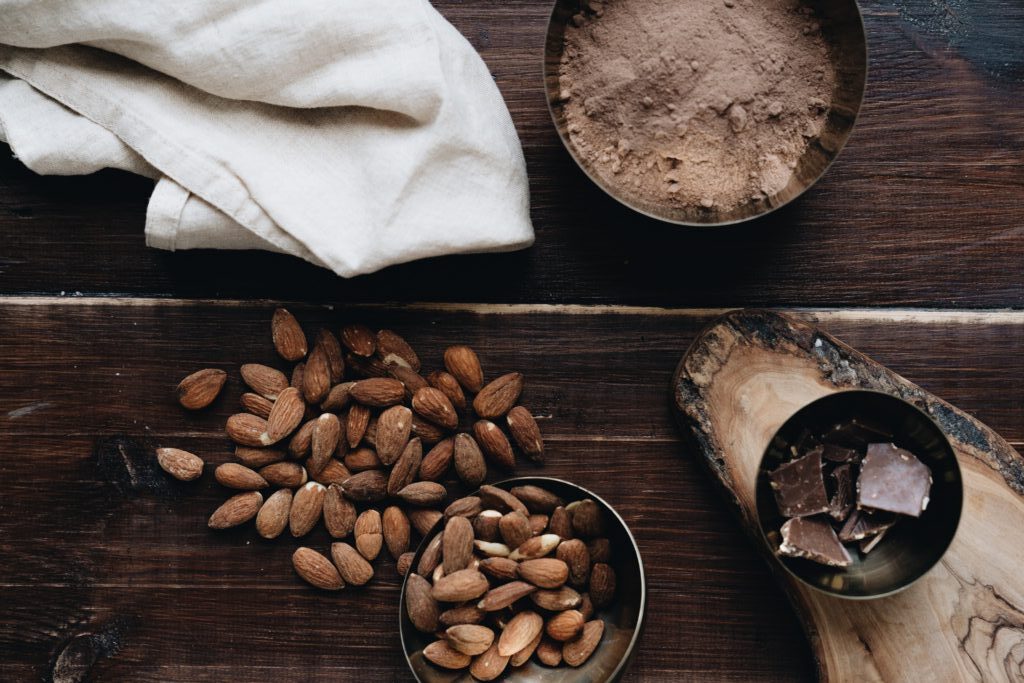
The Chocolate Way is the first international network that connects cities of art, European capitals and artisan production districts associated with chocolate.
Among the missions of the network, there are both the enhancement and protection of artistic, historical and cultural heritage related to chocolate, and the promotion of craft production and responsible tourism related to the product, with the involvement of all the actors and dedicated places.
On March 19th, 2021 representatives of The Chocolate Way participated in a preliminary meeting with the Institute of Cultural Routes of the Council of Europe, to proceed with the application for certification as “Cultural Route of the Council of Europe”.
The scientific committee involved in the drafting of the dossier and support to the candidacy consists of:
- Grazia Dormiente – President of the Scientific Committee and Cultural Director of CTCM
- Roberta Garibaldi – University of Bergamo and President of the Italian Association of Enogastronomic Tourism
- Giorgio Calabrese – University of Alessandria, Messina and Turin
- Massimo De Giuseppe – IULM University of Milan
- Gian Carlo Di Renzo – ISCHOM, University of Perugia
- Filippo Grasso – University of Messina
- Vincenzo Russo – IULM University of Milan
- Alexis Verdù – Director of the TDC of Alicante
The President of The Chocolate Way, Nino Scivoletto, also announced the start of a discussion with MiBAC, in order to develop an institutional collaboration among the member countries of the Association, with the aim of supporting the candidacy of the itinerary.
CULTURAL ITINERARIES OF THE COUNCIL OF EUROPE

Born in 1987 with the Way of St. James, the project currently consists of 40 cultural routes that put into practice the values of the Council of Europe: human rights, cultural diversity, intercultural dialogue and mutual exchanges across borders.
The Cultural Routes of the Council of Europe are an invitation to travel and discover the rich and diverse European heritage, linking in a single network people, places and history.
Several themes are covered by the routes: from architecture to landscape, from music to literature, touching also the food and wine.
Our country can boast of being crossed by as many as 27 cultural itineraries, of which 7 are linked to the history and civilizations of the past, 4 are dedicated to the natural landscape and human craftsmanship, 8 focus on art and architecture and the same number retrace the religious heritage of Europe.
CULTURAL ITINERARIES WITH GASTRONOMY THEME
Should the request be accepted, The Chocolate Way would enrich the category of cultural itineraries with gastronomy themes, which currently has 3 routes, two of which pass through our country.
The first one is that of the Routes of the Olive Tree (2005), which winds in different cultural itineraries along southern Europe, but also North African countries and the Middle East: an itinerary whose landscape, gastronomic, artistic and social development has been strongly shaped by the cultivation of olive trees.
The other two routes are, instead, dedicated to viticulture. With IIter Vitis (2009) the Council of Europe highlights how the production of wine has contributed over the centuries to the construction of a European identity, while with the Route of the Roman Emperors and Danube Wine (2015) the emphasis is placed not only on the importation of the vine in the territories conquered by the Roman Empire, but also on the spread of values that we consider, even today, fundamental, such as religious tolerance and the preservation of ethnic identity.



